Filter by
SubjectRequired
LanguageRequired
The language used throughout the course, in both instruction and assessments.
Learning ProductRequired
LevelRequired
DurationRequired
SkillsRequired
SubtitlesRequired
EducatorRequired
Explore the Theoretical Computer Science Course Catalog
 Status: Free Trial
Status: Free TrialUniversity of Colorado Boulder
Skills you'll gain: Bash (Scripting Language), Scalability, Distributed Computing, Big Data, Operating Systems, File Systems, Linux, Scripting, Command-Line Interface, Performance Tuning, Programming Principles, Computer Architecture
 Status: Free Trial
Status: Free TrialUniversity of Colorado Boulder
Skills you'll gain: Operations Research, Algorithms, Applied Mathematics, Graph Theory, Combinatorics, Computational Thinking, Mathematical Modeling, Theoretical Computer Science, Python Programming
 Status: Free Trial
Status: Free TrialSkills you'll gain: Probability, Linear Algebra, Probability & Statistics, Statistics, Mathematical Theory & Analysis, Computational Logic, Applied Mathematics, Advanced Mathematics, Computer Science, Algebra, Physics
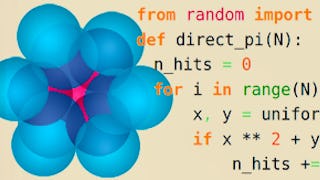 Status: Free
Status: FreeÉcole normale supérieure
Skills you'll gain: Sampling (Statistics), Physics, Simulations, Computational Logic, Numerical Analysis, Markov Model, Quantitative Research, Algorithms, Applied Mathematics, Linear Algebra, Integral Calculus
 Status: Free Trial
Status: Free TrialUniversity of Colorado Boulder
Skills you'll gain: Algorithms, Data Structures, Theoretical Computer Science, Computer Programming, Computational Thinking, Computer Science, Programming Principles, Python Programming, Advanced Mathematics, Design Strategies, Mathematical Theory & Analysis, Data Analysis, Analysis
 Status: Free Trial
Status: Free TrialDuke University
Skills you'll gain: Programming Principles, Algorithms, C (Programming Language), Computer Programming, Problem Solving
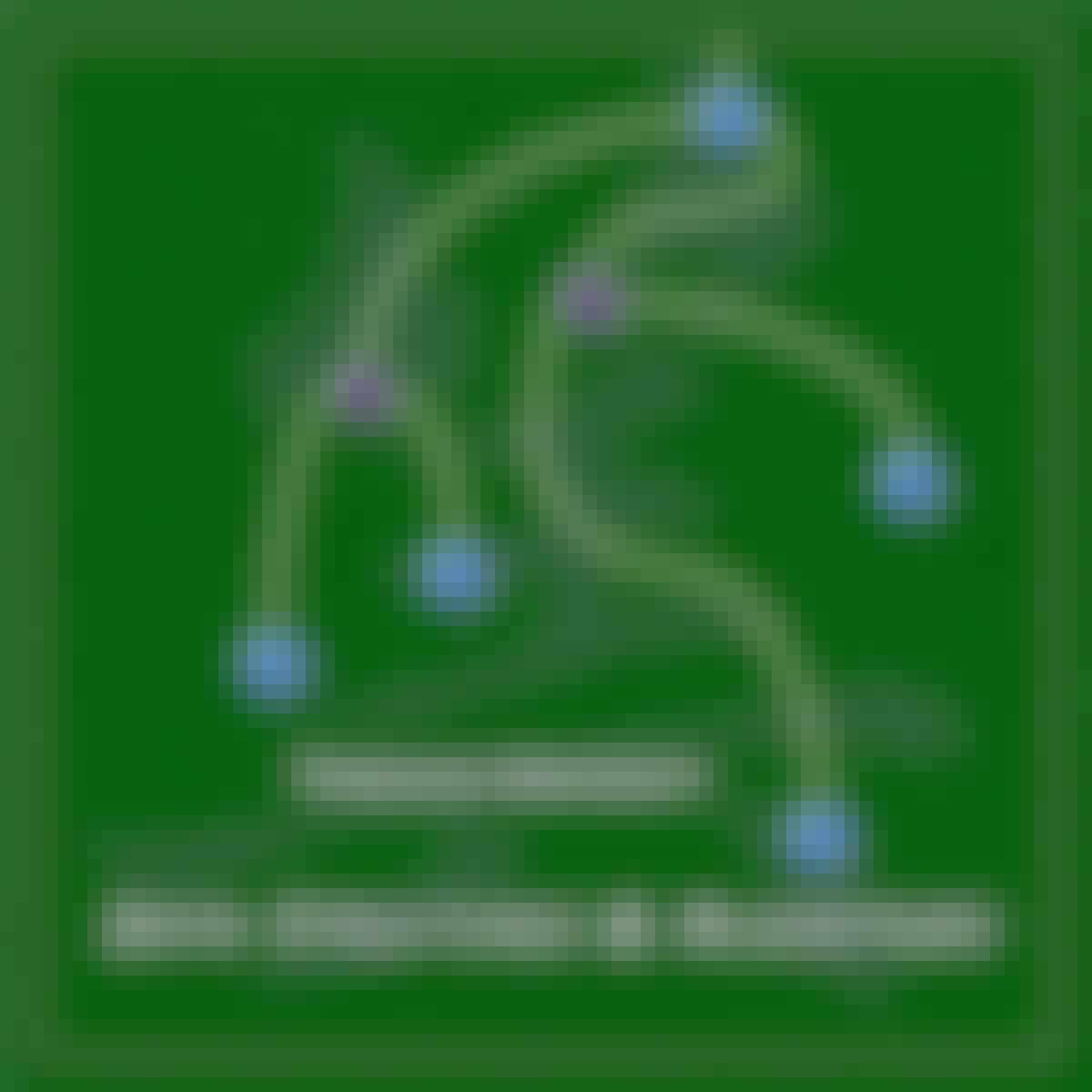 Status: Free Trial
Status: Free TrialTsinghua University
Skills you'll gain: Data Structures, Algorithms, Graph Theory, Computational Thinking, Programming Principles, Theoretical Computer Science, Database Design, Query Languages, Computer Programming, Computer Science
 Status: Preview
Status: PreviewThe Chinese University of Hong Kong
Skills you'll gain: Communication Systems, Digital Communications, Theoretical Computer Science, Telecommunications, Informatics, Probability, Probability Distribution, Algorithms, General Mathematics
 Status: Free Trial
Status: Free TrialUniversity of London
Skills you'll gain: Computer Science, Computer Systems, Web Applications, Computer Literacy, Network Security, Computer Networking, Computational Thinking, Debugging, Web Design and Development, Cybersecurity, Problem Management, Software Architecture, Data Storage
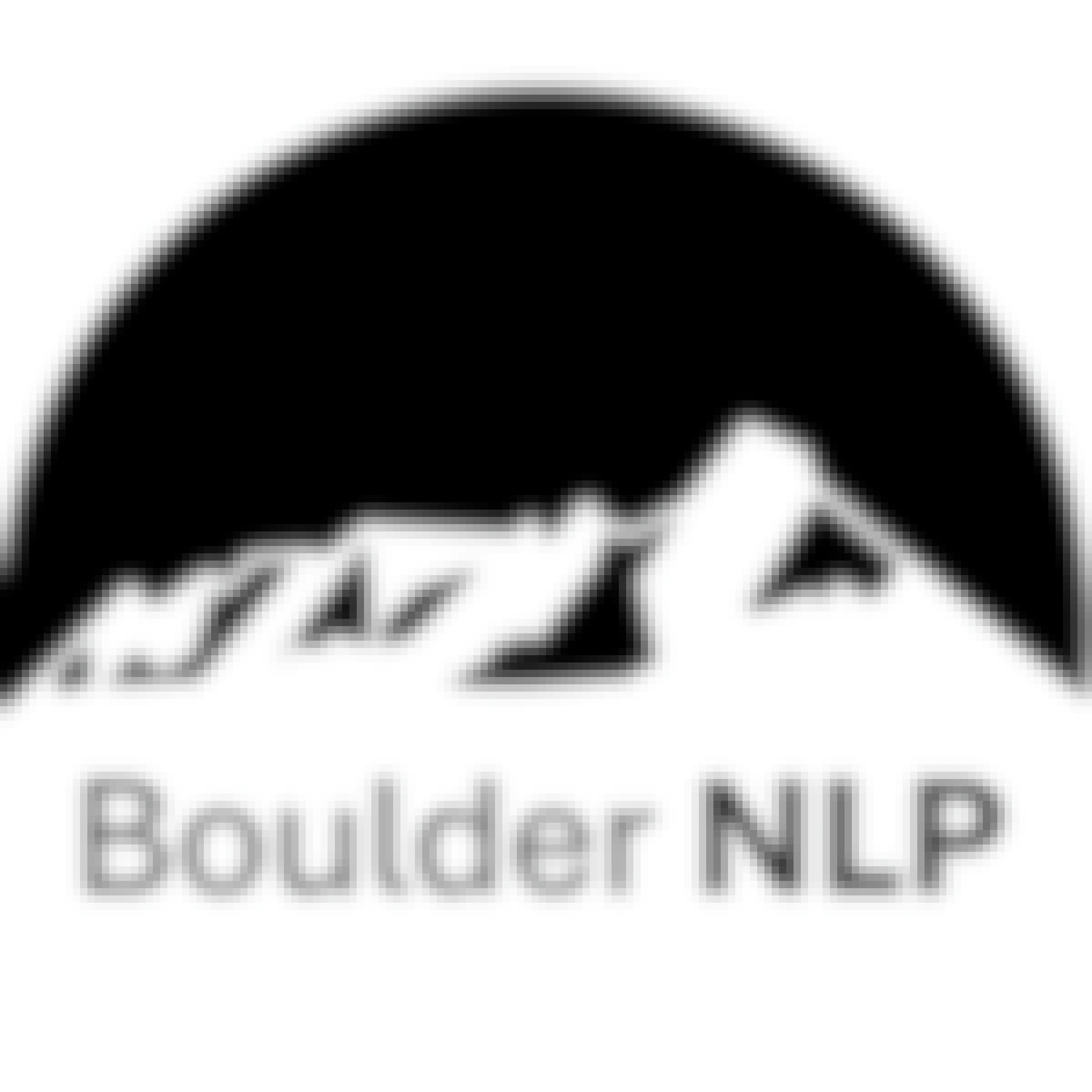
University of Colorado Boulder
Skills you'll gain: Natural Language Processing, Text Mining, Artificial Intelligence and Machine Learning (AI/ML), Statistical Modeling, Data Processing, Probability & Statistics, Unstructured Data, Deep Learning, Machine Learning, Supervised Learning, Algorithms, Regression Analysis
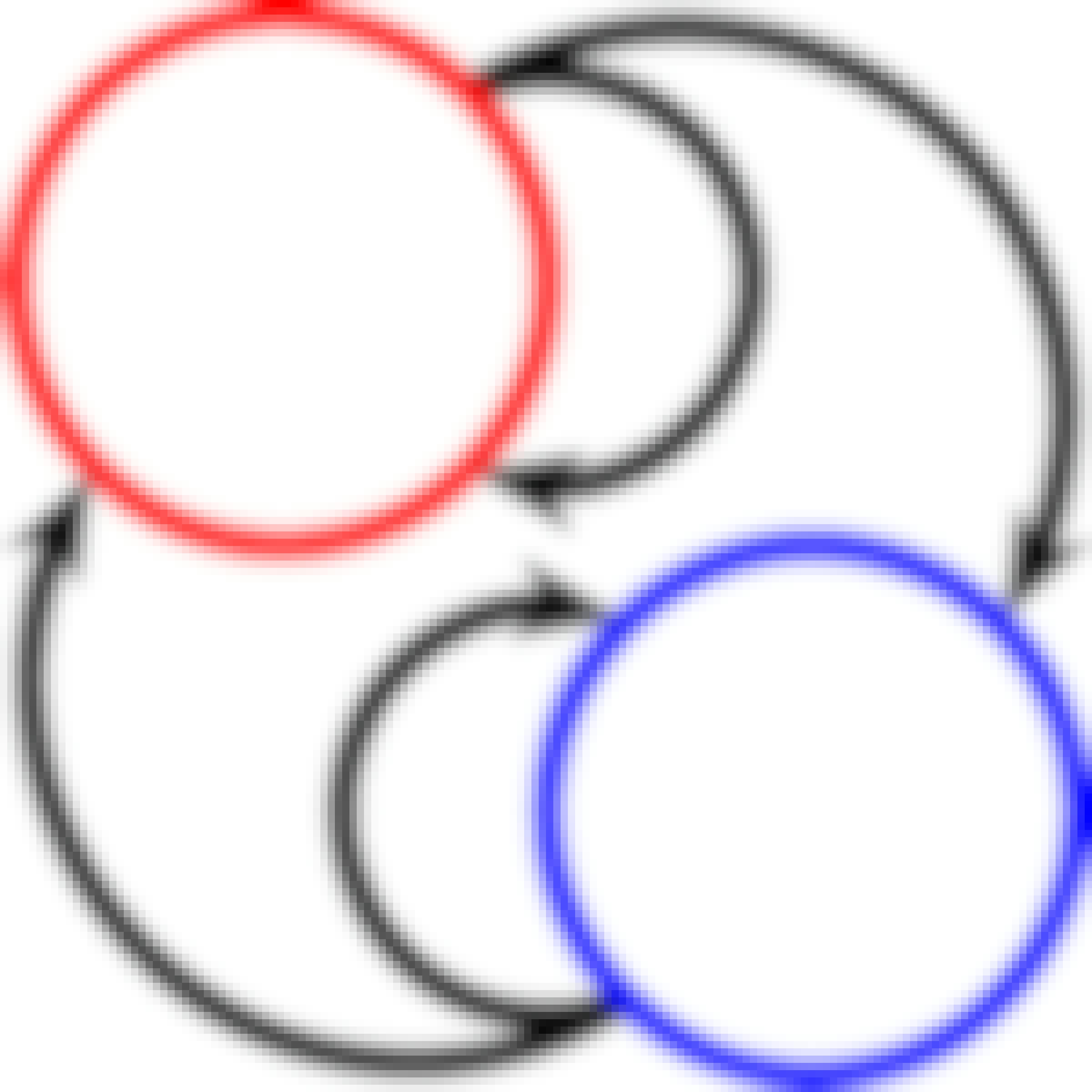 Status: Preview
Status: PreviewUniversity of Colorado Boulder
Skills you'll gain: Computational Logic, Systems Architecture, Software Design, Verification And Validation, Systems Design, Theoretical Computer Science, Communication Systems, Simulations, Algorithms, Safety and Security
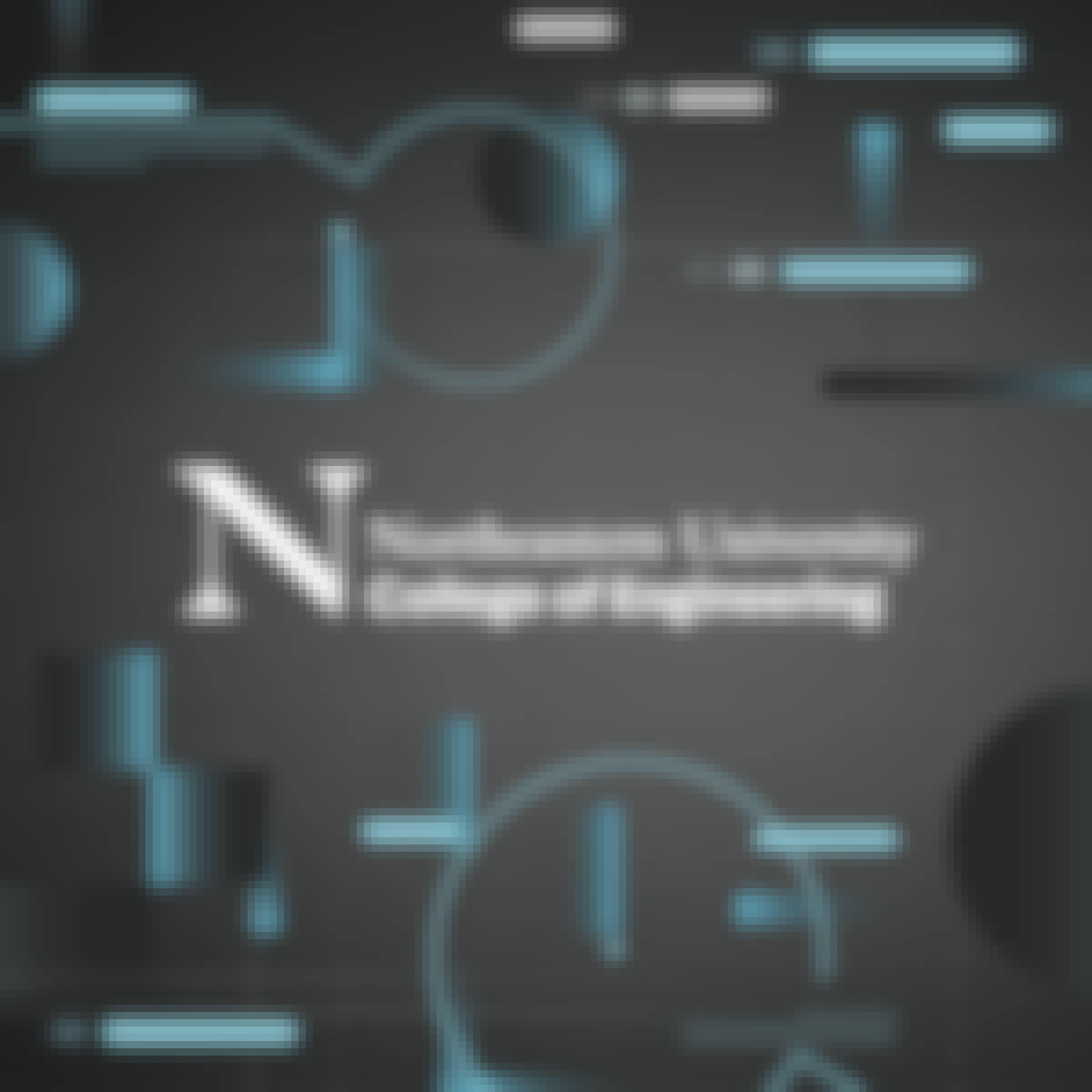 Status: Preview
Status: PreviewNortheastern University
Skills you'll gain: Algorithms, Theoretical Computer Science, Data Structures, Computational Thinking, Analysis, Computer Science, Software Development, Scalability
In summary, here are 10 of our most popular theoretical computer science courses
- Introduction to High-Performance and Parallel Computing: University of Colorado Boulder
- Approximation Algorithms and Linear Programming : University of Colorado Boulder
- Mathematical Foundations and Quantum Mechanics Essentials: Packt
- Statistical Mechanics: Algorithms and Computations: École normale supérieure
- Dynamic Programming, Greedy Algorithms: University of Colorado Boulder
- Programming Fundamentals: Duke University
- Data Structures and Algorithms: Tsinghua University
- Information Theory: The Chinese University of Hong Kong
- How Computers Work: University of London
- Fundamentals of Natural Language Processing: University of Colorado Boulder










